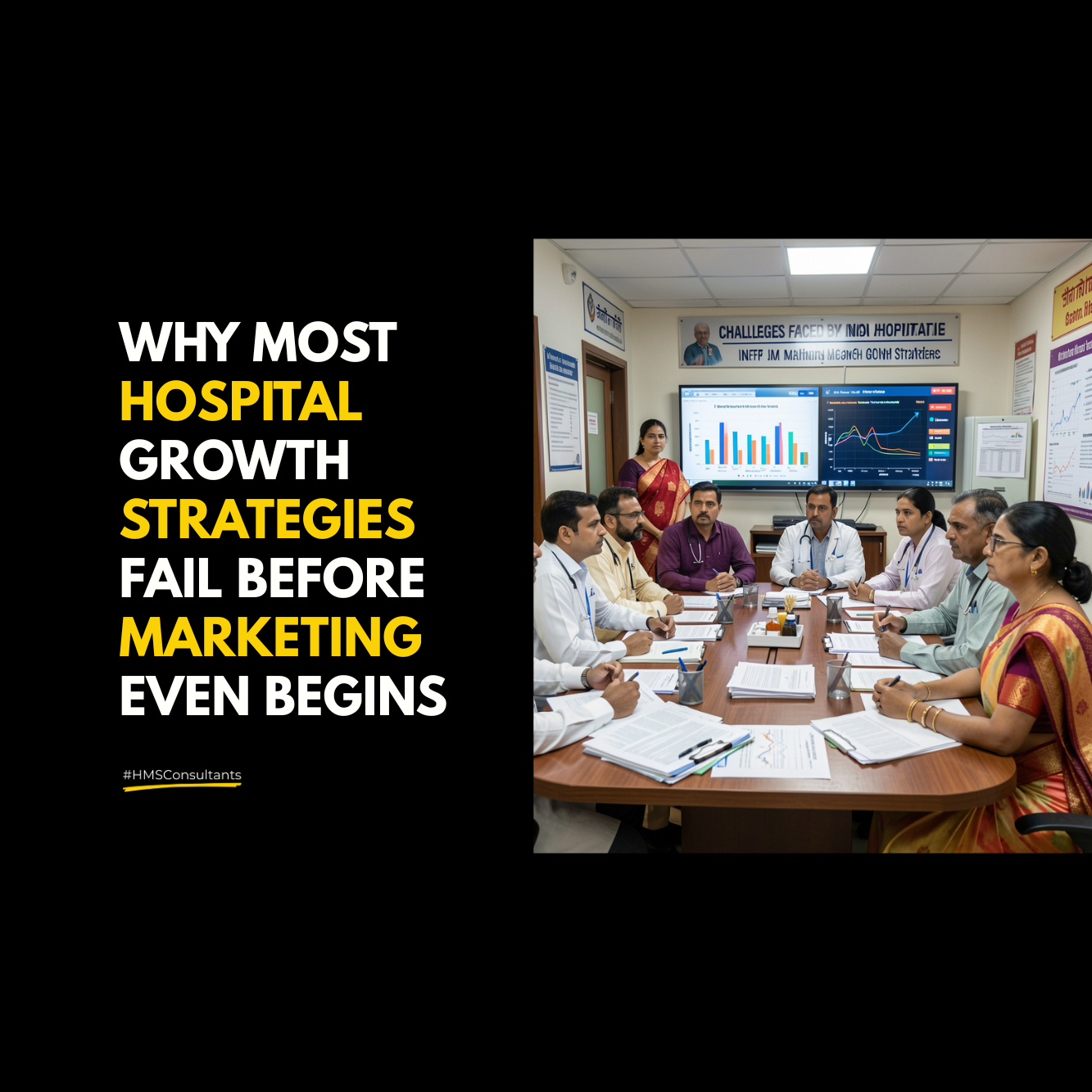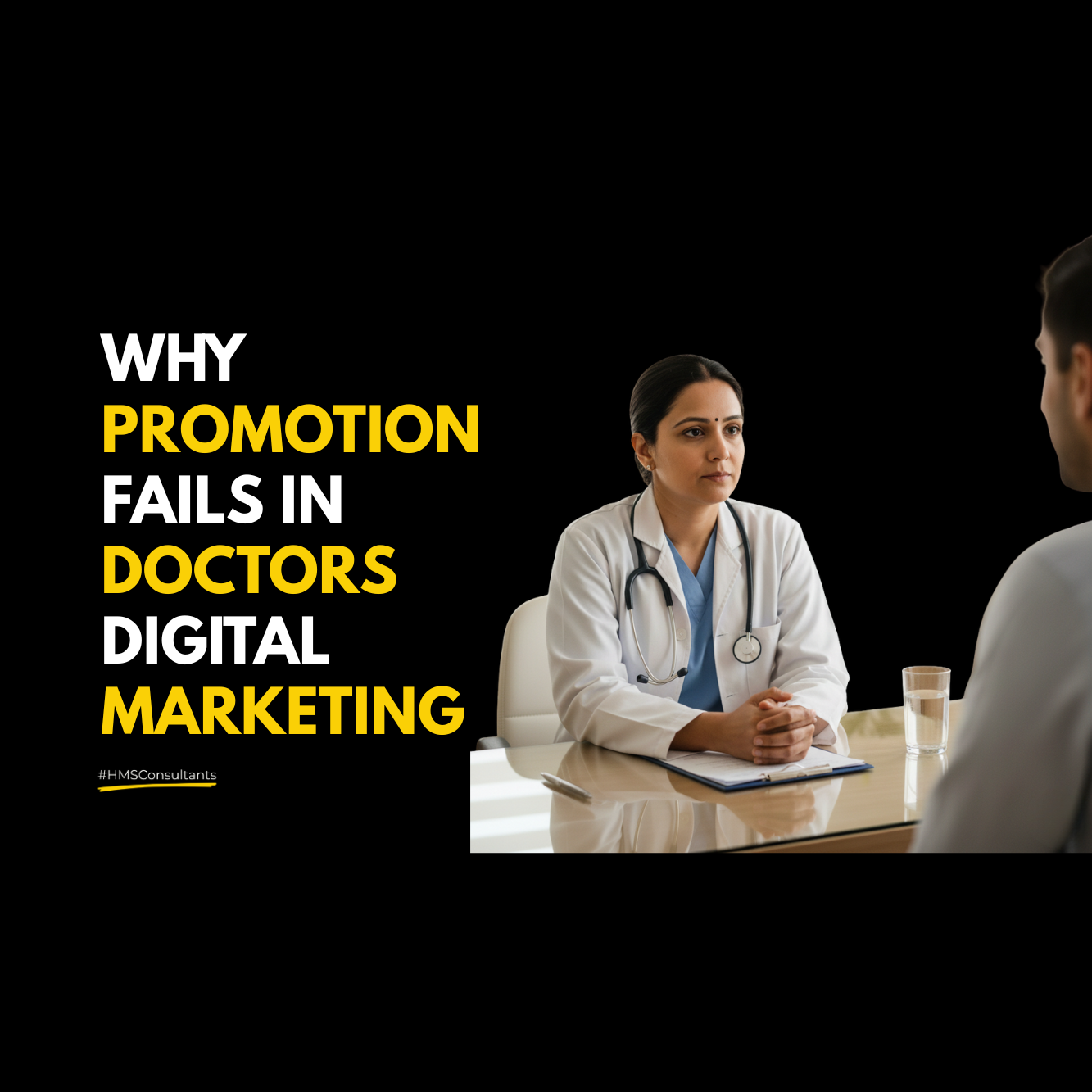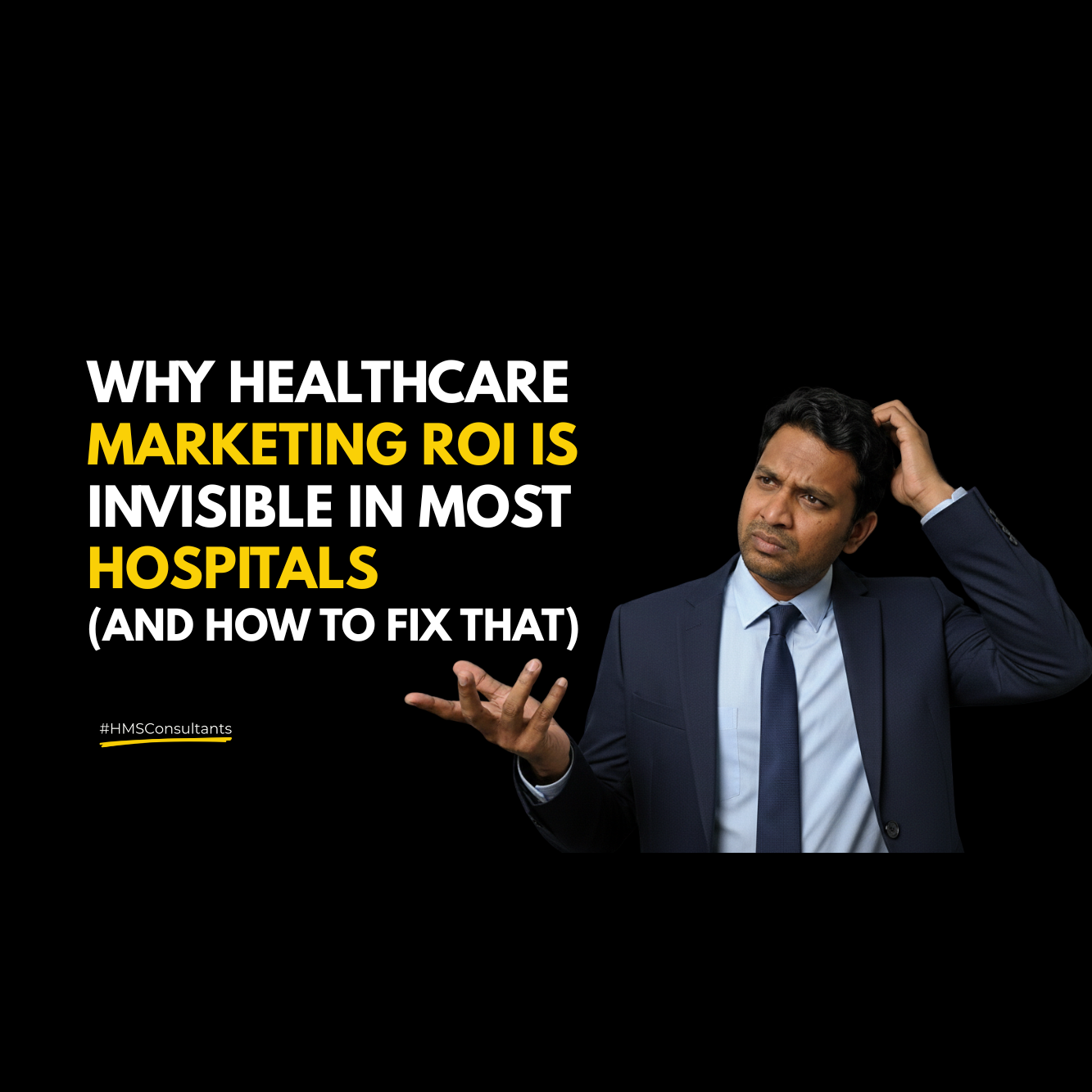What a Healthcare Marketing Consultant Actually Fixes That No Campaign Ever Can
A healthcare marketing consultant aligns strategy, messaging, and patient behaviour before scaling visibility. Sustainable hospital growth starts with better decisions, not bigger campaigns.







